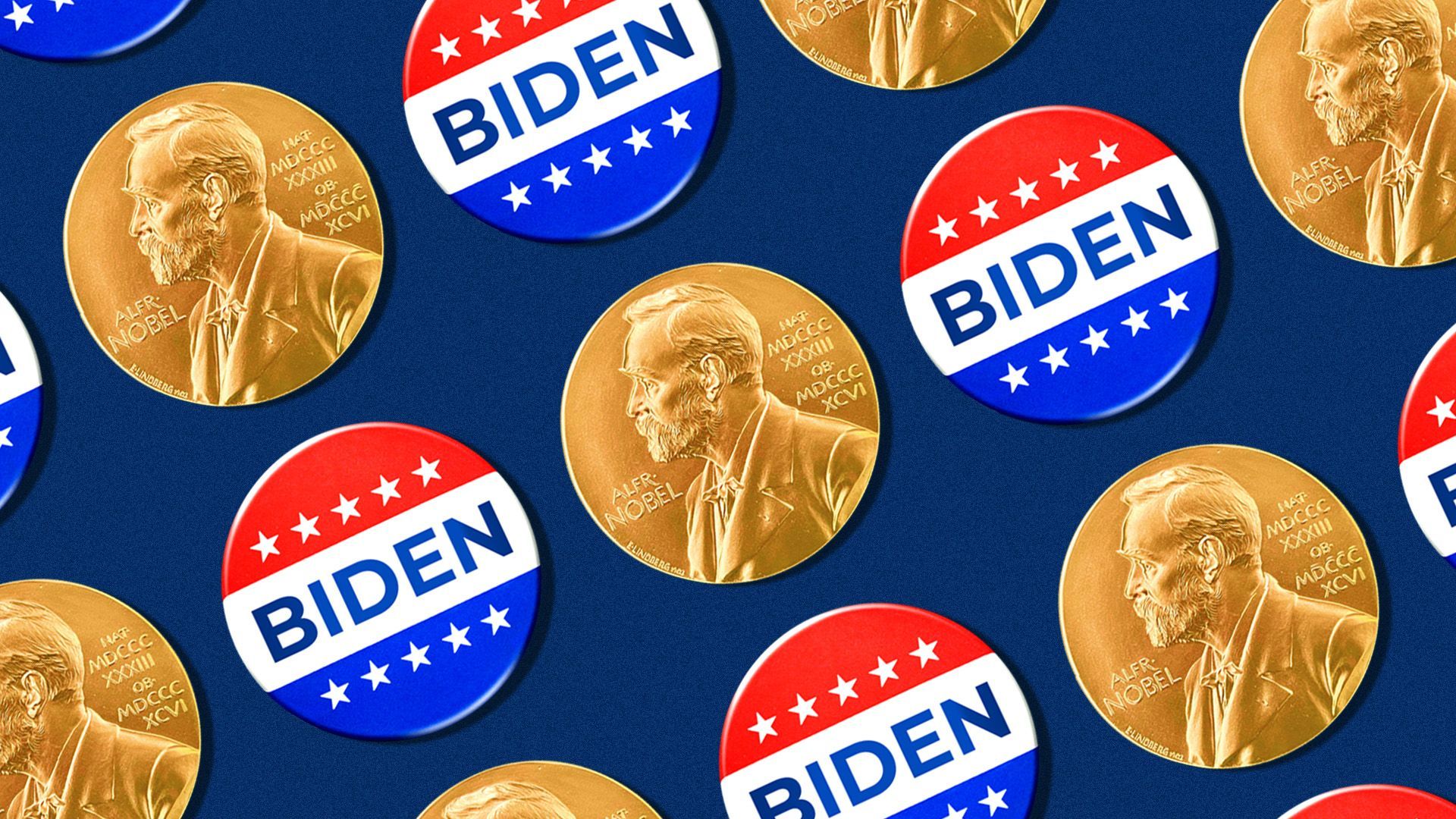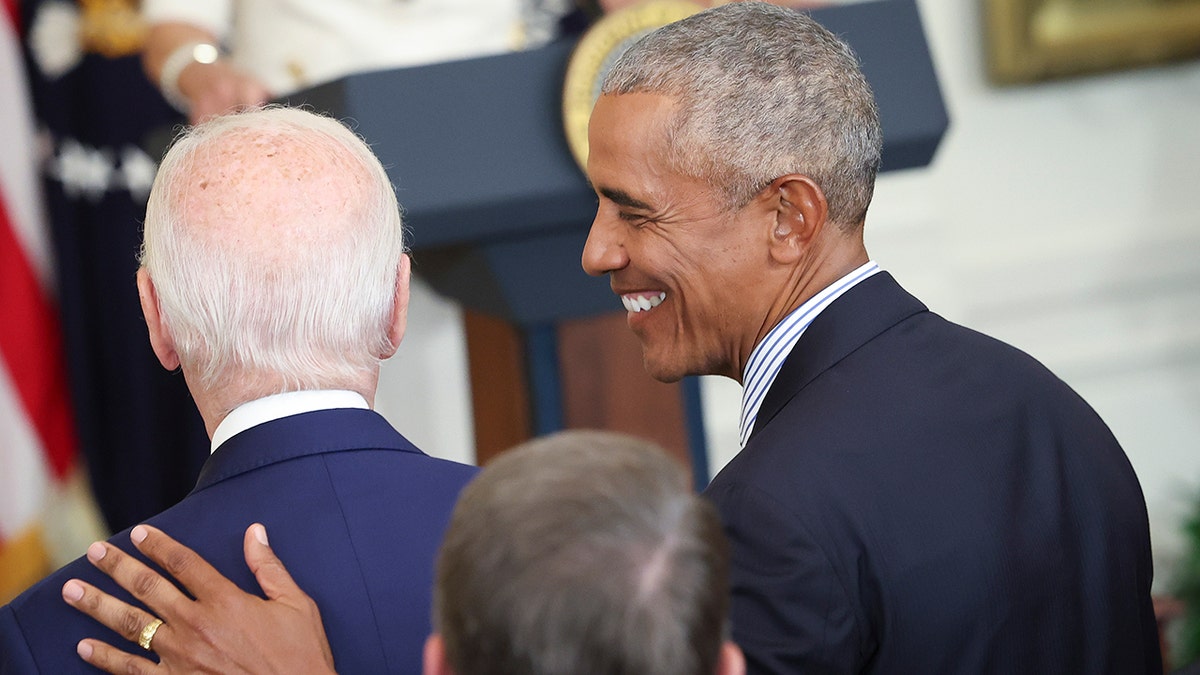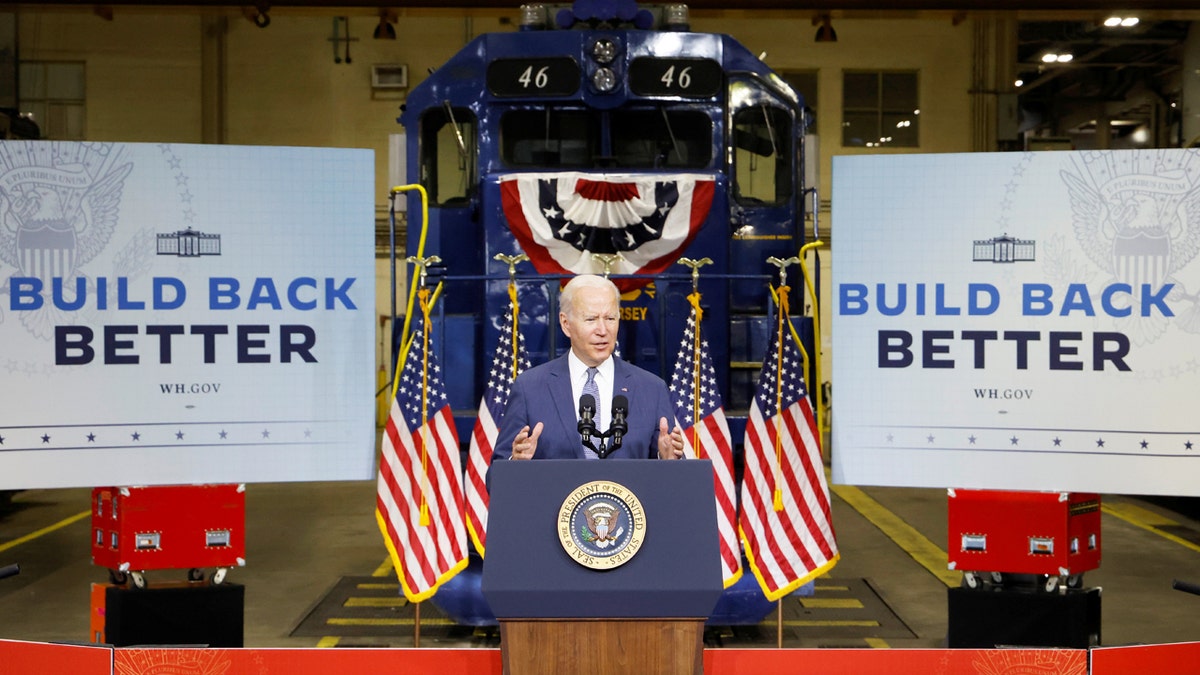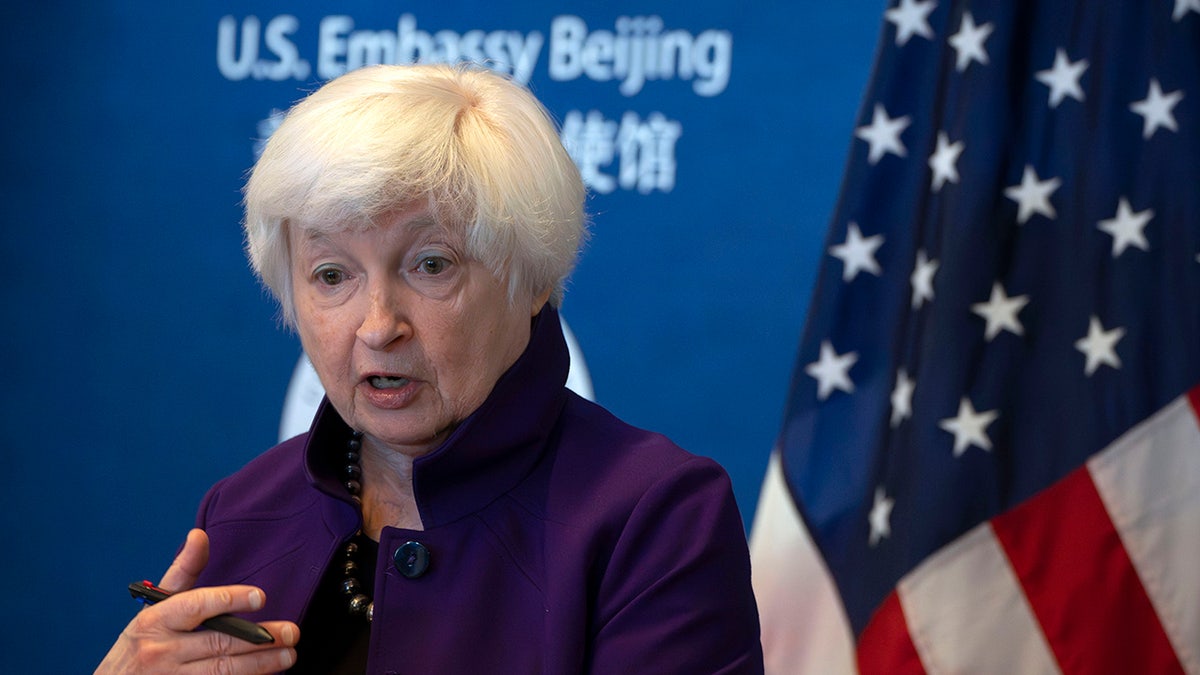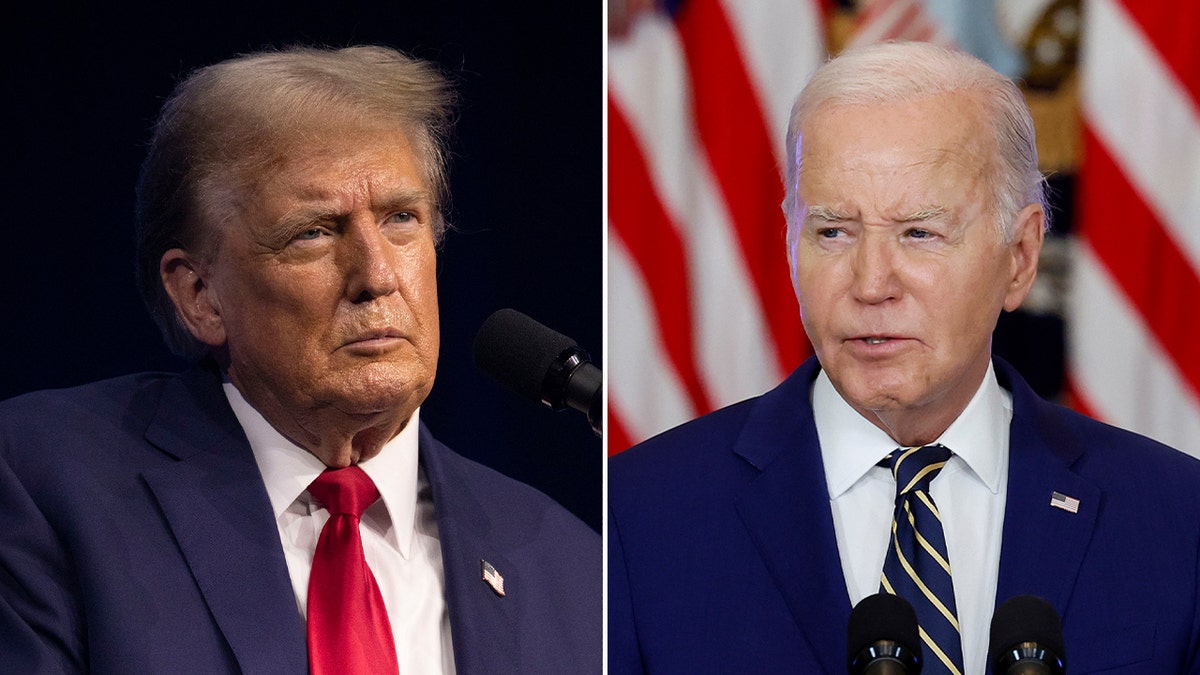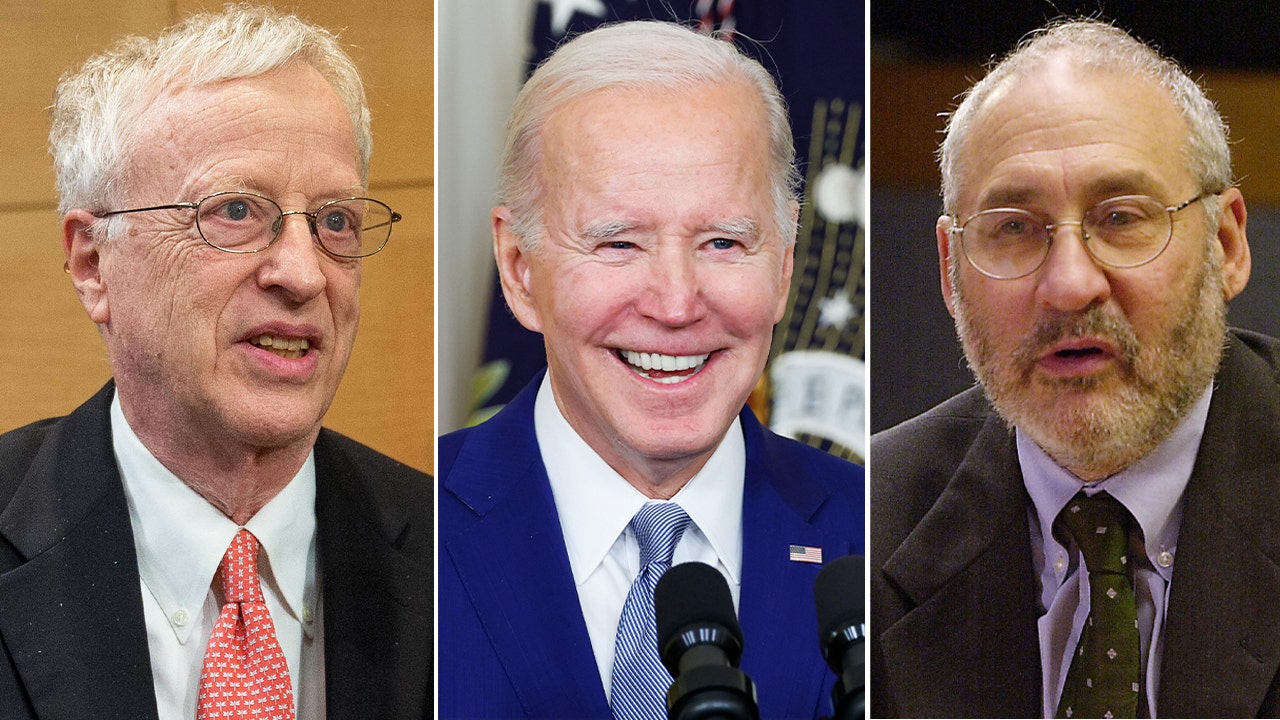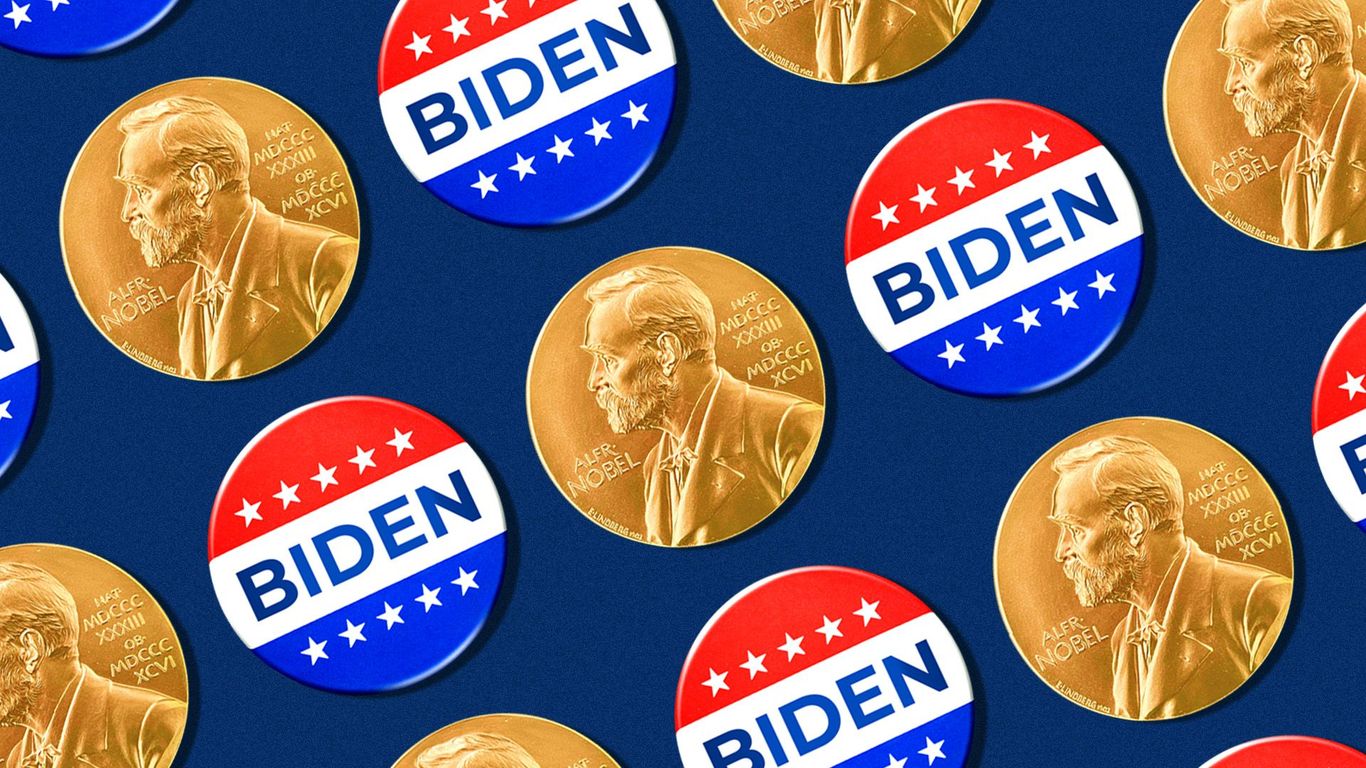
Former Presidents Trump and Biden have proposed contrasting economic agendas, with significant implications for inflation and the global economy. According to a group of 16 Nobel Prize-winning economists, Trump's tax-cutting proposals could reignite inflation if he is elected in November. The economists also expressed concern about Trump's trade and immigration policies, which they believe could be inflationary.
During his first term, Trump approved $8.4 trillion of new borrowing – nearly twice as much as President Biden has so far. In an effort to stimulate the economy, Trump implemented tax cuts and proposed eliminating taxes on tipped wages for workers in the leisure and hospitality industries.
Biden, on the other hand, has focused on raising taxes on corporations. The economists argue that his economic agenda is superior to Trump's due to its broader focus on investments in human capital, research, public education, and health care.
However, it is important to note that some of these same economists signed a similar letter endorsing Biden's Build Back Better agenda in 2021. Their predictions about the impact of Biden's spending packages on inflation have not been accurate – instead, these policies have contributed to rising inflation and interest rates.
Real GDP surged in 2021 but has since declined and levelled off. Total federal debt has also increased significantly since then, with interest payments on the debt more than doubling. The costs of some of Biden's initiatives, such as the Inflation Reduction Act, have also been revised upward.
It is crucial for voters to consider a wide range of sources and perspectives when evaluating economic policies and their potential impact on inflation.
